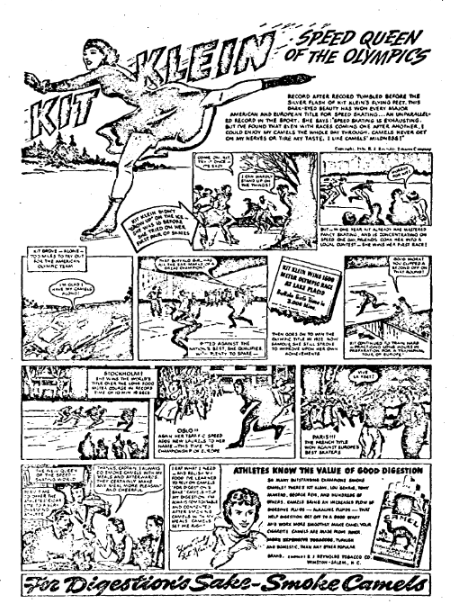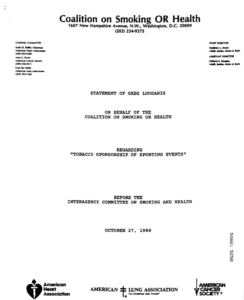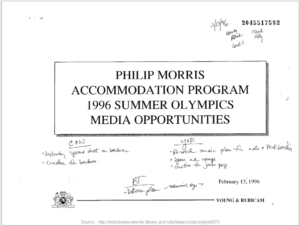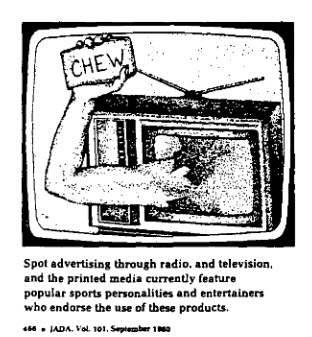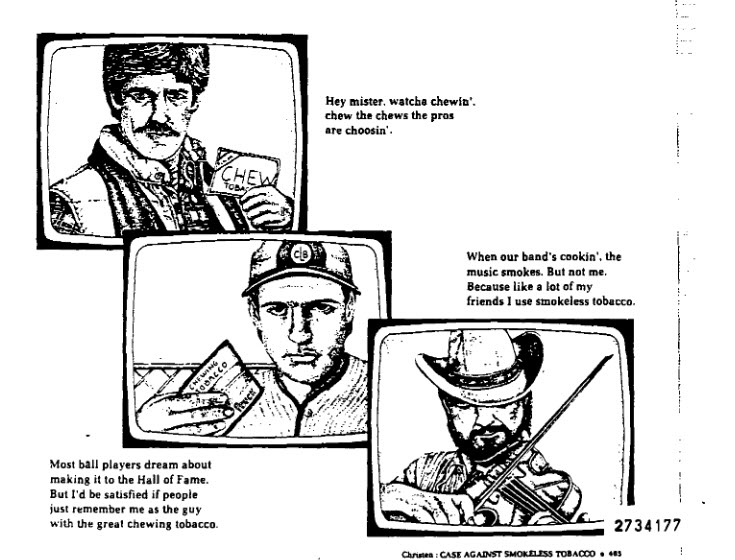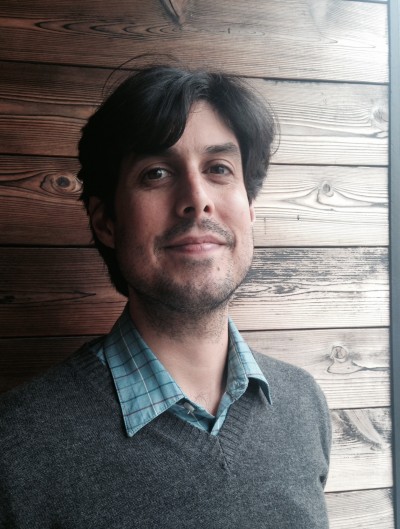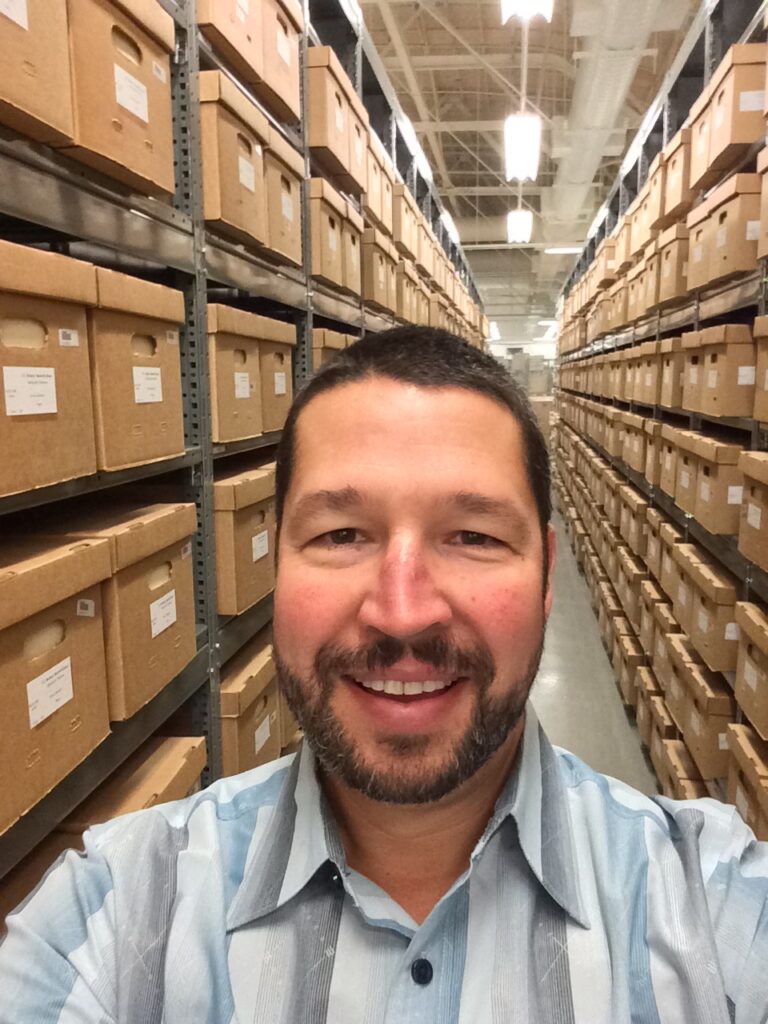As always, we’ve been working to make more and more collections accessible for research. The following are additions to the catalog over the past few months. Subject highlights include UCSF history, neurology, tobacco control, and stem cell research.
Contact us if you have any questions or would like to learn more. Don’t hesitate to use the calendar on the right to make an appointment to use collections!
AR 2002-18 University of California, San Francisco School of Medicine — Office of the Dean videotape collection, 1991-2003: Videotapes of lecture series, including Dean’s Research Seminar Series (DRSS), Galante lectures, and other special lectures/symposia. Also includes State of the School addresses, faculty meetings, academic senate meetings, award ceremonies.
AR 2012-12 University of California, San Francisco School of Dentistry records, 1952-1982: The papers of the UCSF School of Dentistry include: Newsletters of the Alumni Association of the University of California College of Dentistry, 1952-1980; Programs of the annual meeting of the Alumni Association of the University of California College of Dentistry, 1956-1977; Alumni Association of the University of California College of Dentistry by-laws and directory, 1974, 1981; CSEA UCSF Newsletter, 1956-1958; UCSF Alumni Association newsletter, 1982; UCSF magazine, 1982 Medi-Cal yearbooks; 2 photographs of School of Dentistry faculty and employees.
MSS 2010-16 Guenter B. Risse papers, 1987-2009: Papers relate to Risse’s research for his book “Mending Bodies, Saving Souls: A History of Hospitals” (Oxford, 1999). Materials include one binder with the original illustrations collected for the book, two folders with information about the origins of the illustrations and permissions to publish them, and one folder with correspondence and book reviews.
AR 2011-13 University of California, San Francisco School of Nursing, Master’s Entry Program in Nursing records, 1988-1991: The collection contains materials relating to the UCSF School of Nursing Master’s Entry Program in Nursing (MEPN) dated from 1988-1991. Papers include grants, clippings, promotional materials, various records from the program ranging from development to accreditation.
MSS 2011-18 Rheba Fradkin (de Tornyay) papers, 1946-1954: Collection includes photographs, nursing school application, reference letters, and clippings pertaining to Mount Zion School of Nursing graduate Rheba Fradkin (de Tornyay), the nursing school yearbooks, issues of NOIZ and Bib & Apron (1953-1954), announcements, pamphlets and recruitment brochures.
AR 2013-02 University of California, San Francisco School of Medicine Office of the Dean records, 1999-2012: Records include photographs, negatives, slides, contact sheets, CDs, and DVDs from the School of Medicine Dean’s office.
MSS 2012-29 Marilyn Reed Lucia film, 2012: The collection contains the film “Steadfast Purpose: the Life of Marilyn Reed Lucia, MD,” produced by Arc Light Digital Media in association with UCSF in 2012. The film chronicles the life of Dr. Lucia, graduate of UCSF Medical School– first in medicine, then in psychiatry– who taught and practiced at UCSF as a Clinical Professor of Psychiatry for more than forty years. The film begins in the 1950s and continues throughout Lucia’s life.
AR 2011-04 UCSF School of Medicine, Class of 1963 Alumni collection, 2009-2013: Collection includes the newsletter founded and edited by UCSF School of Medicine alumnus Robert Sherins, M.D. issues 2009-1013, and the 50th Reunion Memory Book for his class of 1963.
AR 2007-09 Renee Reijo Pera laboratory notebooks, 1996-2007: Collection contains the papers of Dr. Renee Reijo Pera’s laboratory. Materials include laboratory notebooks and research data. Dr. Renee Reijo Pera performed embryonic stem cell research and established UCSF’s embryonic stem cell program in 2003. She was the UCSF co-director of the human embryonic stem cell research center, and director of the training program funded through the California Institute for Regenerative Medicine.
AR 2003-23 Dorothy Bainton papers, 1970-2012: Records from the UCSF Vice Chancellor for Academic Affairs office relate to the tenure of Dr. Dorothy Bainton. Materials include records from the Advisory Committee on the Status of Women (CACSW); files from the UCSF League of Women; other materials related to the status of women at UCSF; a copy of “Report on Ishi’s treatment at the University of California, 1911-1916;” materials related to the Distinguished Alumnus Lecture presented by Dr. Bainton at the University of Rochester School of Medicine & Dentistry in 2012.
AR 2013-23 University of California, San Francisco. Metabolic Research Unit collection, 1966: Collection contains materials that relate to the UCSF Metabolic Research Unit (MRU) and includes four photograph prints depicting employees and researchers of the MRU and the inauguration ceremony and a 1966 School of Medicine Alumni-Faculty Association bulletin with an article about the history of the MRU from 1950-1966.
MSS 2013-20 Melvin M. Belli Tobacco Control papers, 1950-1999: Professional papers of Melvin M. Belli (1907-1996), a high-profile attorney in San Francisco, California, relate to actual and potential litigation matters pursued by Mr. Belli and colleagues against tobacco companies. Materials consist of various court filings, media clippings, correspondence, memoranda, publications, and others.
AR 2003-13 Department of Neurological Surgery records, 1958-2000: Records from the UCSF Department of Neurological Surgery include: publications, reports, correspondence, pamphlets, brochures, photographs, videotapes, and films.
MSS 97-04 Howard C. Naffziger papers, 1907-1983: The personal and professional papers of Howard Naffziger include correspondence, newspaper clippings, photographs, ephemera, certificates, military orders, notes, diaries, and artifacts. Subjects matters include Dr. Naffziger’s military experience in World War I and II, biographical information, his experiences at UCSF and his instrumental role in neurological surgery, and other work-related information.

